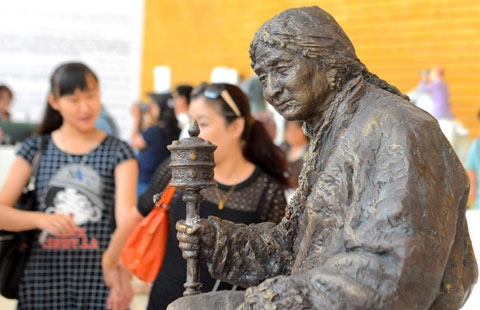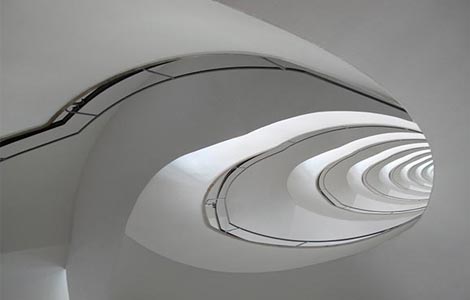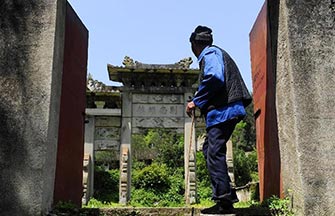Up the right alley in hutongs
By Wang Kaihao ( China Daily ) Updated: 2015-08-25 07:53:54
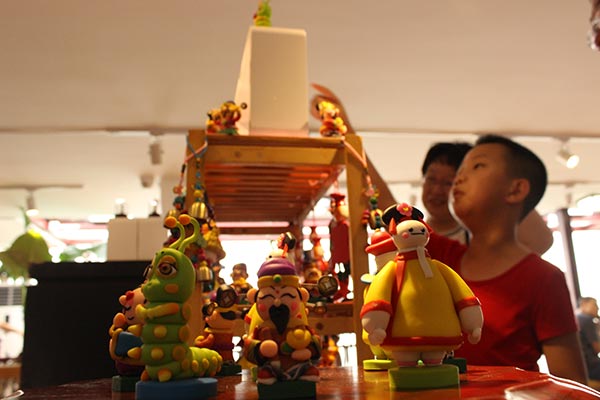 |
|
The Nanluoguxiang area in Beijing is a new center for craftsmen to revive cultural heritage such as snuffbox miniature paintings and figurines (above). [Wang Kaihao / China Daily] |
Nanluoguxiang, a well-known hutong (alleyway) area of Beijing and home to the nobles of the Qing Dynasty (1644-1911), is seeking to revive its glory.
This month a 700-square-meter two-story old house was turned into an intangible cultural heritage display center there, with experts such as Peng Xiaoping describing the initiative as a milestone for cultural protection in the capital.
"We don't want to be canaries in the cage," says Peng, 54, who is listed as an intangible cultural heritage inheritor in Dongcheng district of Beijing, where he makes figurines from dough.
"Intangible cultural heritage isn't just something that's enshrined (in museums). We have to step out to get closer to the market."
He and 14 other inheritors are partners in this newly established Nanluoguxiang studio that will serve as an incubator for their ideas.
Scattered efforts are weak when it comes to applying modern business models to traditional craftsmanship in China, he says. Many elderly artisans complain that young people have little interest in carrying on the work of the older generations.
"But therein lies a truth: Their old ways of running their businesses aren't profitable enough to attract young blood."
All partners in the Nanluoguxiang project are not only able to individually sell their products typically reflective of old Beijing lifestyle, including snuffbox miniature paintings, Peking Opera masks and silk figurines, but they are also in the process of creating a common brand to push their art.
Their mascot for the project is Liu Haichan, a 10th century Taoist master, who is considered the god of fortune by many Beijing residents since the Ming Dynasty (1368-1644).
|
|
|
|
|
|
|
|


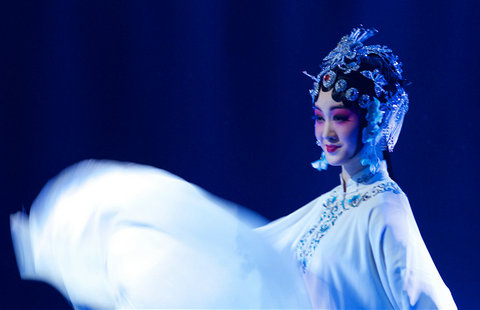
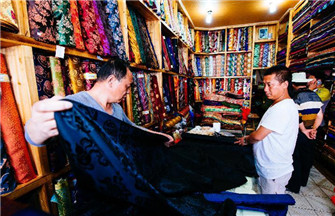
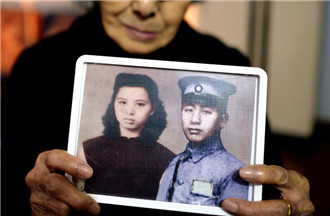
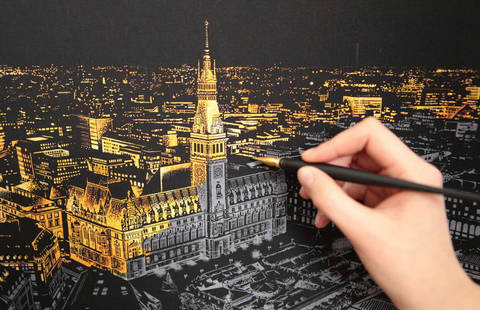
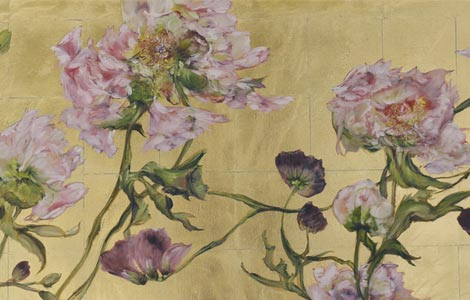
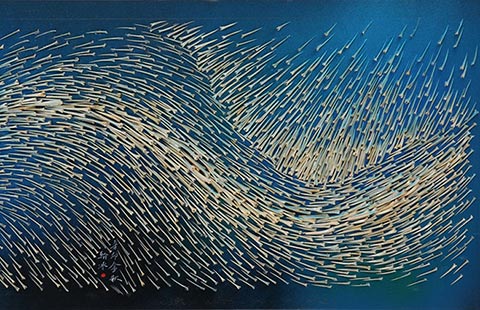

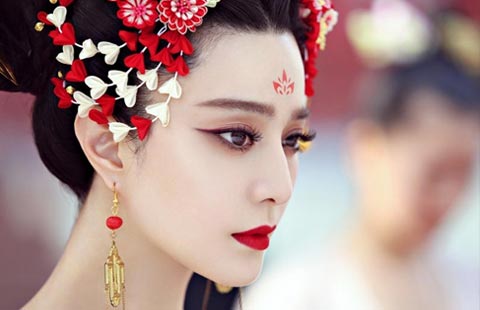




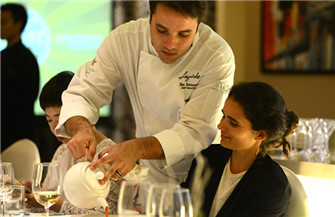


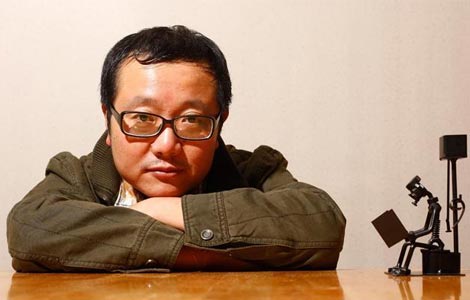

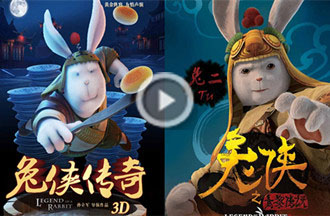


 Raymond Zhou:
Raymond Zhou: Pauline D Loh:
Pauline D Loh: Hot Pot
Hot Pot Eco China
Eco China China Dream
China Dream China Face
China Face



